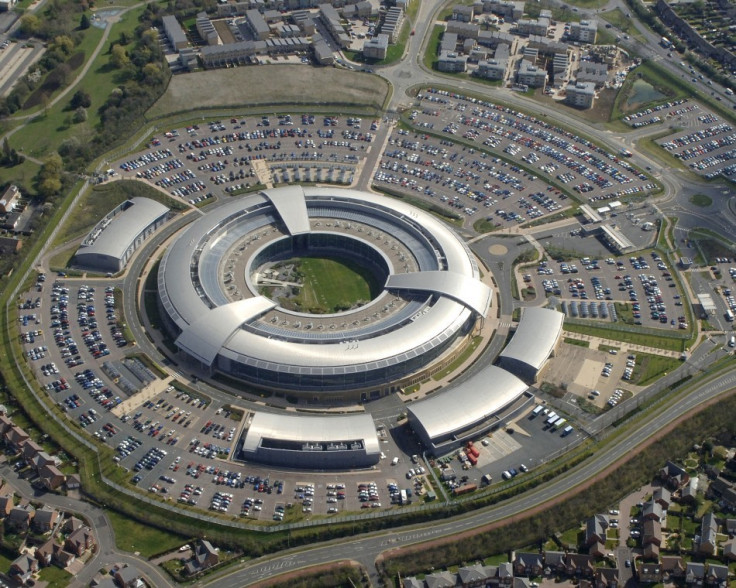GCHQ Paid Millions to Spy on UK Submarine Data Cables, Edward Snowden Reveals

New documents leaked by Edward Snowden reveal Cable & Wireless, a UK company which is now part of Vodafone, was paid millions of pounds by the British government's spy agency GCHQ to tap into its undersea communications cables.
Submarine cables carry data across the world and between countries, and were previously known to be tapped by GCHQ and its US cousin, the NSA, according to documents leaked by Snowden.
The newly leaked documents show that in February 2009, GCHQ made a payment of £6m to Cable & Wireless, a British telecommunications company based in Berkshire and bought by Vodafone in 2012. A 2010 budget included in the leaked cache of documents also references a £20.3m payment.
It is also revealed by the new documents that Cheltenham-based GCHQ had access to the traffic on 63 cables around the world, and that 29 of these were either owned or leased by Cable & Wireless, providing almost 70% of the total data accessible by GCHQ from the cables.
According to a report by German publication Süddeutsche Zeitung, the relationship between the telecom company and UK government spy agency was so strong that a GCHQ employee was assigned to work full time at Cable & Wireless to manage cable-tapping projects in February, 2009.
It is also now known that Cable & Wireless and GCHQ had regular "Joint Project Team" meetings between June, 2008 and at least February, 2012 - five months before Vodafone bought the telecoms company.
GCHQ had a shopping list for more cable taps
It is unclear what data GCHQ intercepted from the cables, but the amount of information passing through the agency's fingertips is vast.
As of July 2009, relationships with three telecommunication companies provided access to 592 fibre optic cables each transmitting up to 10 gigabits of data per second. Additionally, GCHQ had access to 69 equally fast cables known as "egress pipes" from which the agency could pull data for analysis.
The leaked documents revealed a shopping list of cables the agency wanted to gain access to. Tapping them would have tripled GCHQ's reach, increasing access to 1,693 connections and upping egress capacity to 390 cables.
The NSA's involvement is unclear, although a number of the cables mentioned in the documents are connected to the US, such as Pacific cables connecting it to Japan and China, and cables to the Caribbean, Central America, and South America.
A Vodafone spokesperson speaking to Süddeutsche Zeitung did not deny the report, but said that any taps were performed legally and under a warrant. It added that a "small number" of employees currently "process demands" from intelligence agencies like GCHQ, but that these demands "are processed 'blind' with no information whatsoever about the context."
GCHQ told Süddeutsche Zeitung that it works "in accordance with a strict legal and policy framework".
© Copyright IBTimes 2025. All rights reserved.






















